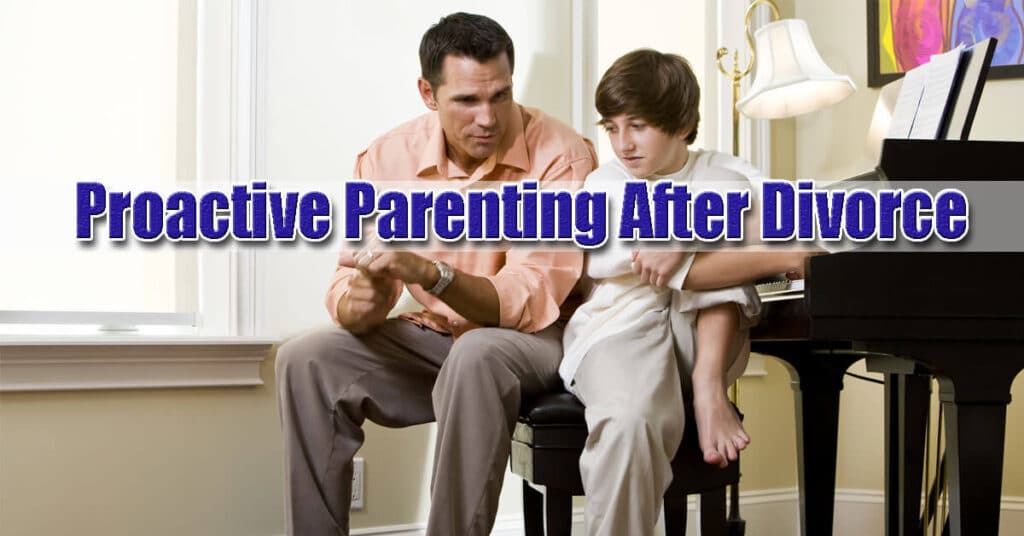Long Island families who have been faced with divorce quickly realize that, especially for children of divorce, adjusting to the new realities of family life can be challenging. Children are faced not only with the separating of their parents, but also changes to their schedules and lifestyle, including where they live and what day to day life entails. Further, children have to deal with the emotional struggles of both parents, and often feel as though they must walk on egg shells with both parents around the topic of divorce in order to keep their parents happy.
Even when the parents are not openly hostile and arguing with one another, children are sensitive to the emotions and behaviors that their parents experience. While children are resilient and adaptable, the impact of their parents’ divorce can manifest in a number of ways that might include stress, anxiety, difficulty focusing, or behavioral problems. Most parents underestimate the effects of the divorce on their children. As caring and responsible parents, it is important to consider the impact of your own emotions and reactions upon your children. This article contains several tips for easing the stress on your child during your divorce.
Tip 1. Resolve Child Custody and Visitation Disputes
Wherever possible, it is important to resolve disputes concerning your children outside of court. This can help to take some of the pressure off your children, who may feel like they need to choose sides. Ongoing disagreements over where your children will live and when they will see their parents can result in heightened stress and uncertainty for the child. Divorce mediation and collaborative divorce are excellent tools for helping you and your former spouse to resolve these sensitive issues while avoiding the increased stress of divorce litigation. Speaking to a neutral third party mediator can help you to improve communication between both sides and facilitate an agreement more quickly than if the two of you tried to work things out on your own.
Tip 2. Take Responsibility for Your Own Emotions
It is often necessary for both parents to seek individual counseling in order to address their own emotional issues in a supportive environment and get the advice of a professional for adjusting to their new non-married life.
Tip 3. Work on Communication with your Ex
Although you may have divorced your ex because communication felt strained or impossible, it is important to learn skills to communicate with your ex as best you can when you are dealing with issues concerning your children. It might be helpful to view the relationship as a business partnership in which you simply focus on the children without the complications and attachment of your marriage relationship. Whether it be your own personal therapist or your divorce mediator, a professional can assist you with acquiring these skills. Learning to avoid confrontational or passive aggressive communication styles, and exchanging some of your old communication habits for more neutral style can assist you with achieving this goal.
Tip 4. Spend Quality Time with Your Children
Focus on your relationships with your children. Spending time with them and focusing on what is going on in their lives might be a welcome distraction for you considering the stress of your divorce. Immersing yourself in their sports, engaging in family activities with them, and being present for them will help you as much as it will help them.
Tip 5. Keep Things Positive
Emphasize to your children that things will get easier. Do not speak ill of the other parent or let your children hear you complaining or criticizing them. Try to find positivity within yourself and express it as much as you can. As much as the divorce is painful, it happened for a reason and you have a bright future ahead free of an unhappy marriage. If you can convey this attitude to your children, they will understand that the divorce was for the best, and that things will be ok. This means that they will not have to worry as much about whether things will turn our all right, and that can make a big difference in their young lives.
Tip 6. Seek Advice from an Experienced Divorce Mediator and Divorce Attorney on Long Island
Robert E. Hornberger, Esq. is an experienced Long Island Divorce Lawyer and Divorce Mediator who serves Suffolk County, Nassau County, and the five boroughs of New York City. Mr. Hornberger is experienced in all areas of Matrimonial and Family Law. His office offers free consultations. If you have questions about your family law issue or are interested in divorce mediation or settlement, call us today at 631-923-1910 to schedule your free consultation.
Download our Free New York Divorce Guide
Our 41-page “Guide to New York Divorce: What You Need to Know Before Hiring a Divorce Lawyer in New York” written by an experienced family law lawyer, Long Island’s Robert E. Hornberger, Esq., provides you with real information on the divorce process and the laws it rests upon in the state of New York. This book will help give you a solid foundation upon which you can begin the process of making your family’s, life better. Download your Free Guide to New York Divorce here.
